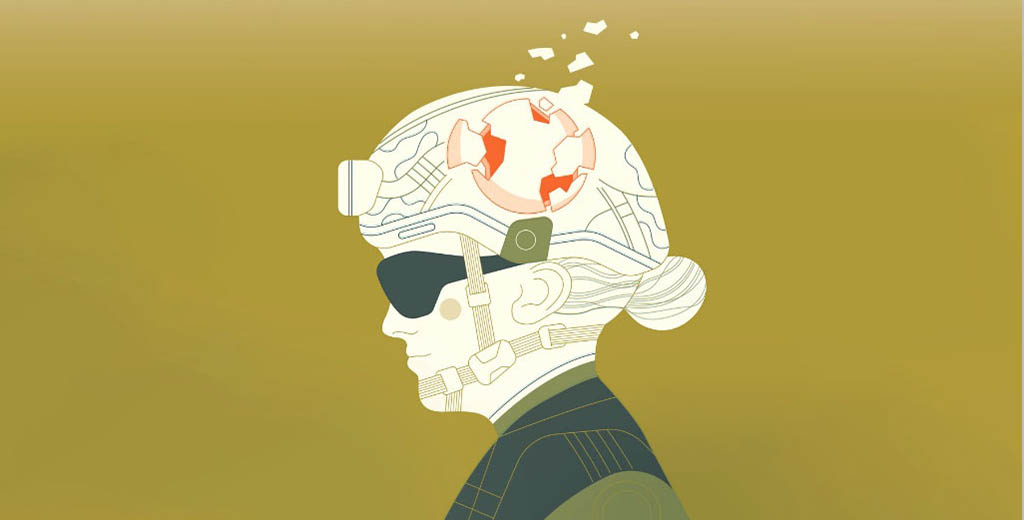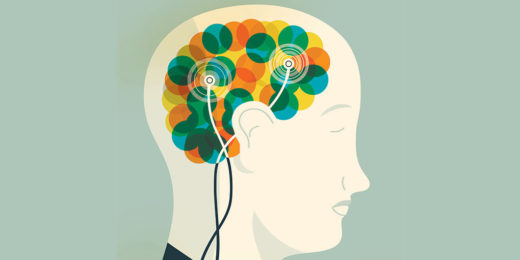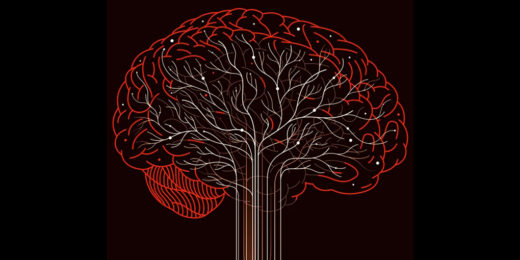Are there differences in the brains of men and women? Some say yes, some say no. But when it comes to brain trauma, Odette Harris and Maheen Adamson have shown that the answer is unequivocally yes. Harris, MD, director of the Traumatic Brain Injury Center of Excellence at the VA Palo Alto Health Care System, had been analyzing head trauma data from the Department of Veterans Affairs when she noticed something striking: Women who suffered brain injuries or "poly-traumas" which included other injuries, generally experienced higher rates of substance abuse, cognitive issues, depression and homelessness, among other things, when compared with men with similar injuries.
In one of my latest Stanford Medicine magazine stories, "Same injury, different brain," I share the story of Harris and Adamson, PhD, two researchers at the VA determined to better understand how and why women experience head trauma differently then men and how health care teams and policy makers can support the specific needs of women after injury.
As I describe in the story:
Part of the research goal is to figure out how best to set women up for success after brain trauma. It's not always the same as what's best for men. "For instance, when we see unemployment in males with traumatic brain injury, our approach is to assist in education and skills training," said Harris.
"So the knee-jerk reaction is to find ways to increase education and training when we see unemployment in women with traumatic brain injury. But we found that female veterans were better educated and more likely to have a college degree than their male counterparts."
Alongside their data digging, the pair conducted a study looking at the brains of women with head injury, and they saw something curious. It was a phenomenon known as "cortical thinning," in which the cortex tissue of the brain becomes thinner, sometimes due to injury, sometimes disease.
Through MRI scans, Adamson saw that the thinning was worse in women, with more patches of tissue "balding" in regions of the brain that control emotion and decision making. While researchers know that cortical thinning isn't good, it's too early to tell exactly how it affects the brain, and the scientists plan to conduct more studies.
"We're seeing a shift toward looking at differences between male and female traumatic brain injury more deeply, and my hope is that that trend will extend to other groups within the traumatic brain injury patient population," Harris said. "That's what will enable us to improve outcomes and ensure equitable care for all people, not just women."
Illustration by Harry Campbell






